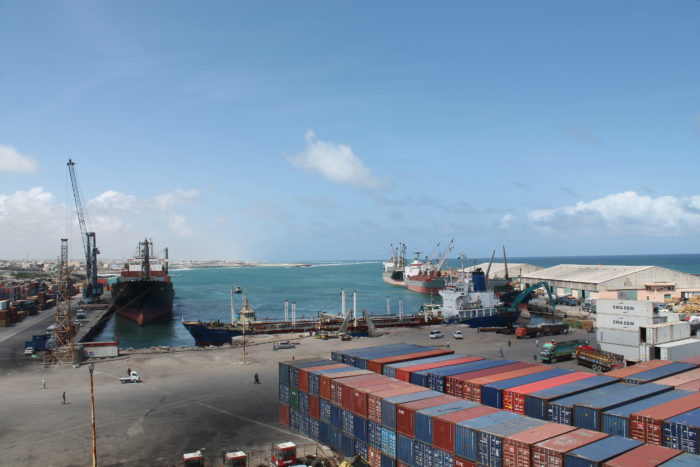World Bank to launch 2nd Economic Update on Somalia today

The Update assesses the prospects for domestic revenue mobilization in the face of the many challenges Somalia faces

The World Bank is today launching its second economic update on Somalia in Mogadishu two years after its first edition in 2015.
The Update, the Bank said will assesses the prospects for domestic revenue mobilization in the face of the many challenges Somalia faces especially in the wake of a devastating drought which has claimed several lives and destroyed livelihoods across Somalia.
Key also is that the update identifies the priority needs for improving revenue mobilization and provides a timetable for actions and reforms. It assesses current tax laws and policies and identifies opportunities for broadening the tax base by introducing new taxes and fees and improving tax administration.
Currently Somalia does not have an effective tax regime relying on sales tax, income tax from civil servants, license fees and income from the Mogadishu seaport and airport as major sources of domestic revenues. In the 2017 national budget, the government proposed the strengthening of tax collection mechanisms and expansion of the tax bracket to rope in the private sector employees which are largely out of the tax man’s reach.
In its update, the World Bank is calling for significant investments to close the country’s huge capital and infrastructure gap, improve resilience, and improve the business environment over the medium term.
The World Bank launched its first Economic Update for Somalia in 2015. The report identified two pillars critical to enhancing growth and macroeconomic stability. It noted the rehabilitation of public institutions that can generate public goods and services will be an enabler of long-term economic development, but it will rely on increasing the state’s fiscal capacity. The report also said improvement of human and economic development outcomes was central if Somalia is to sustain its transition from conflict to stability.